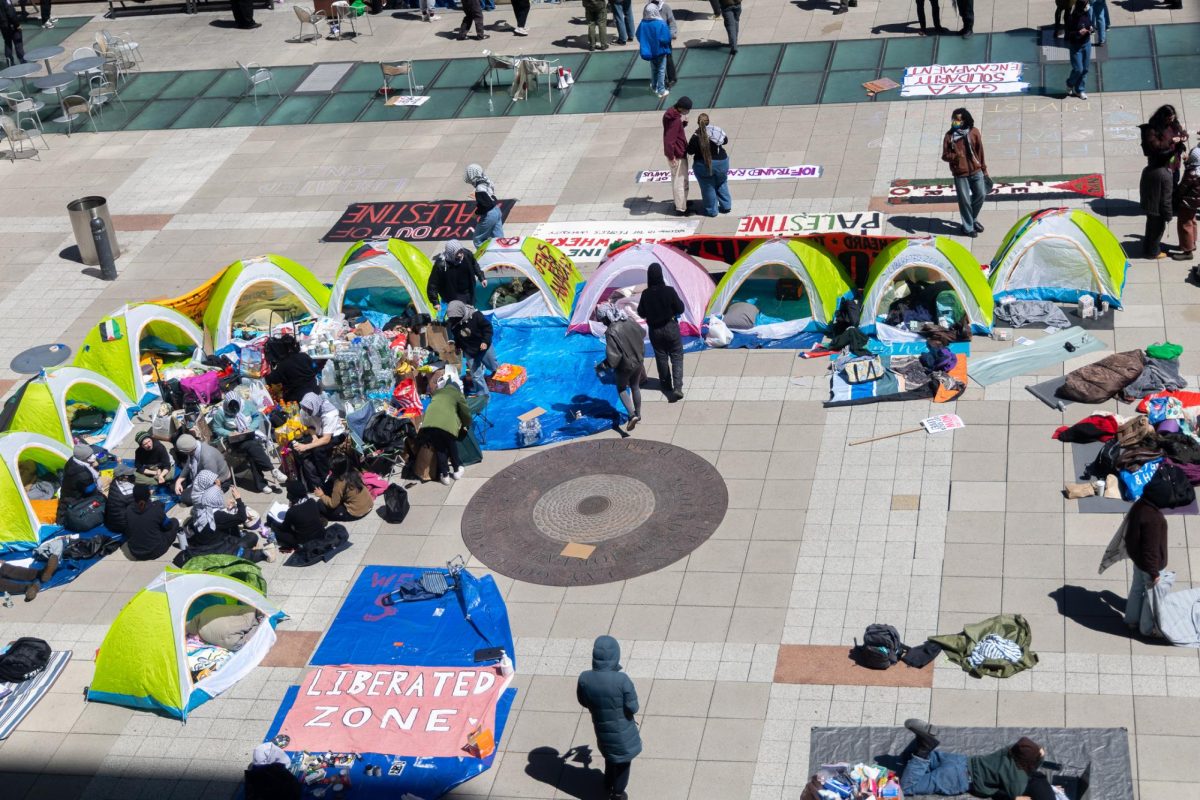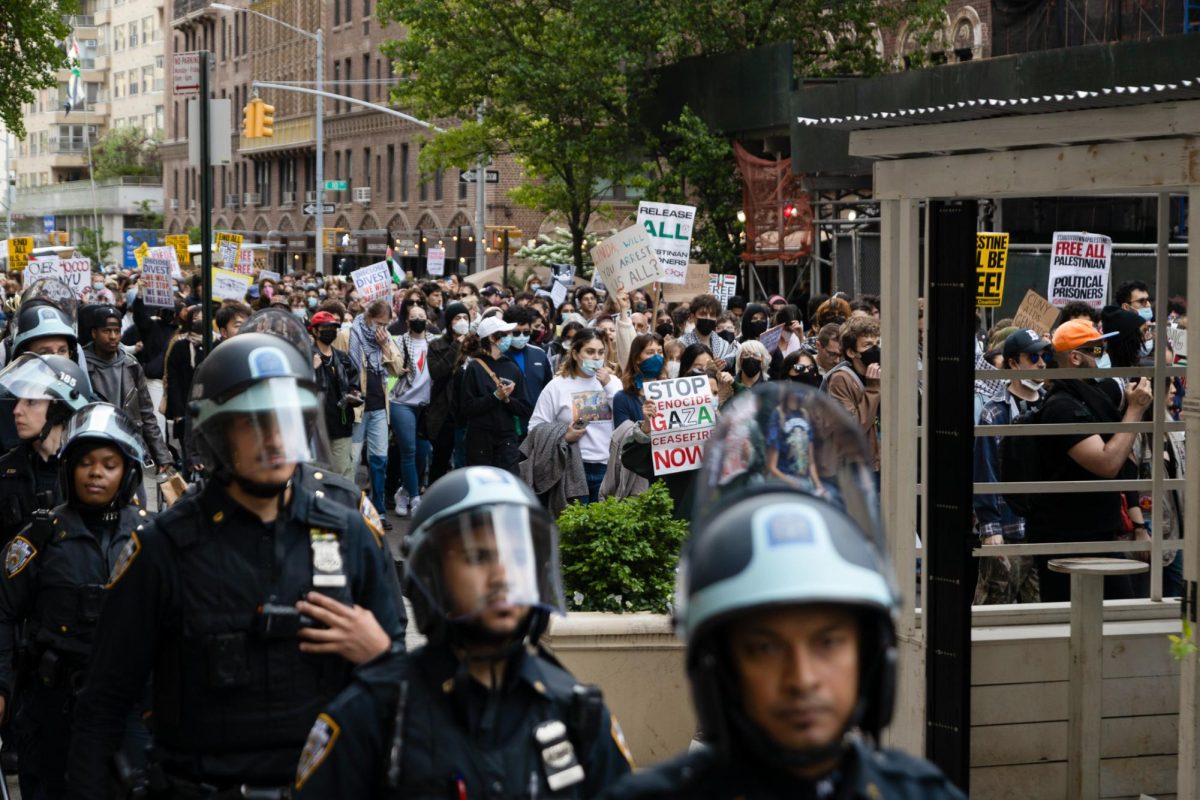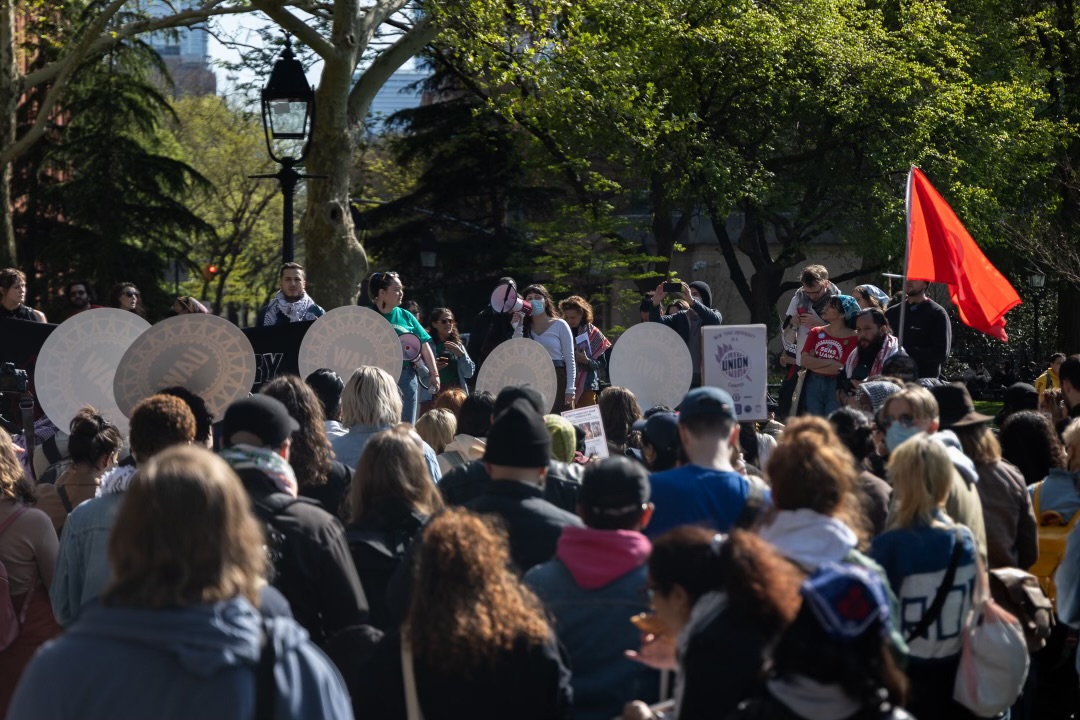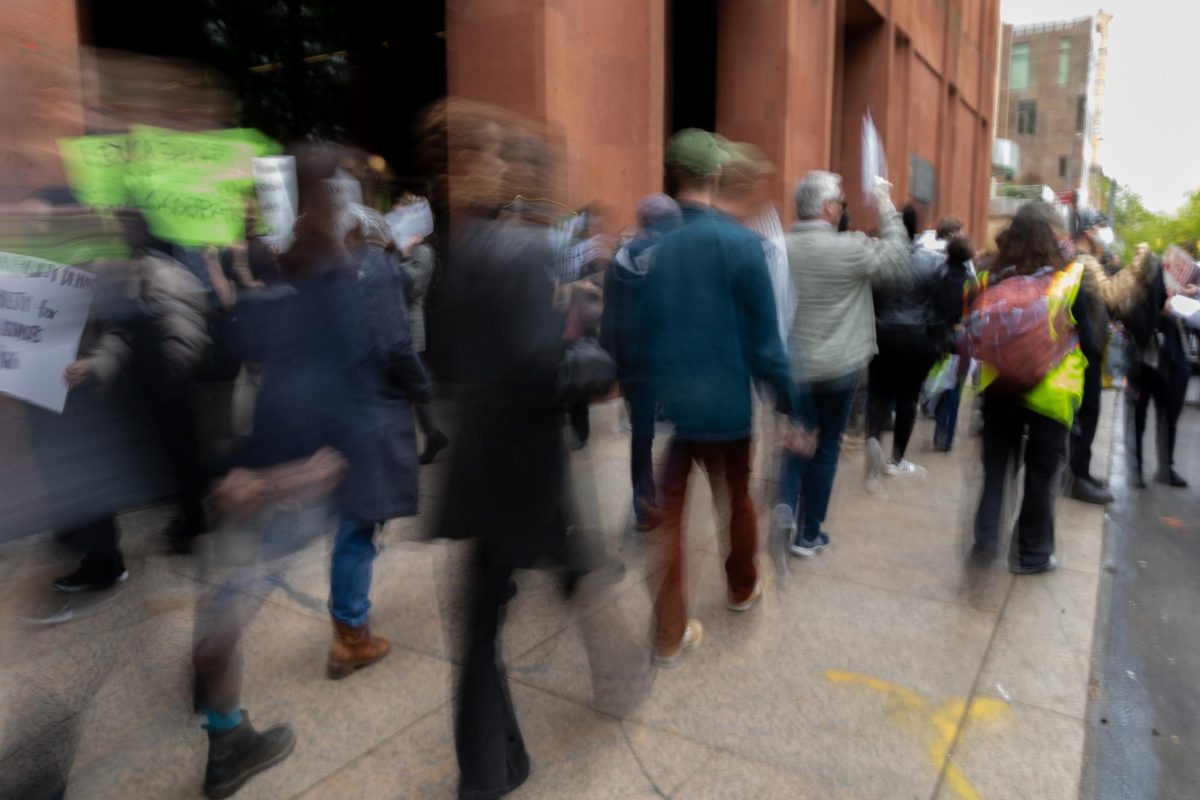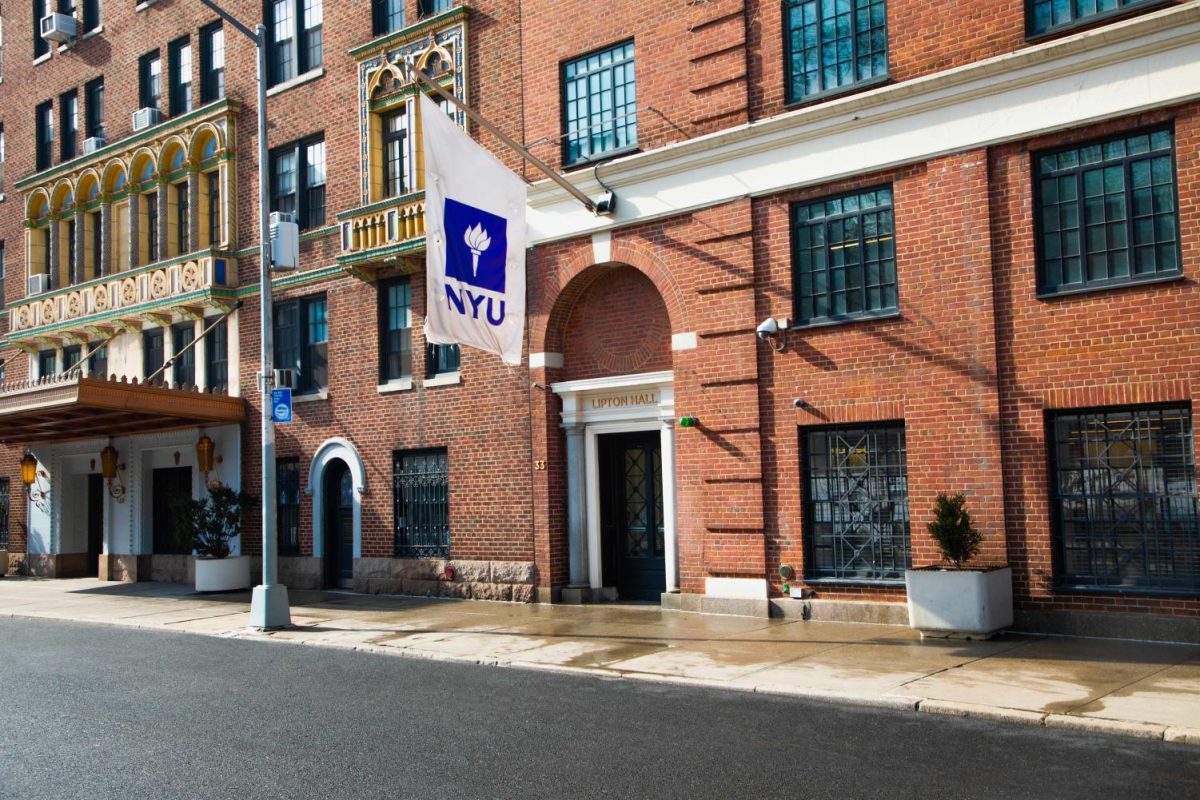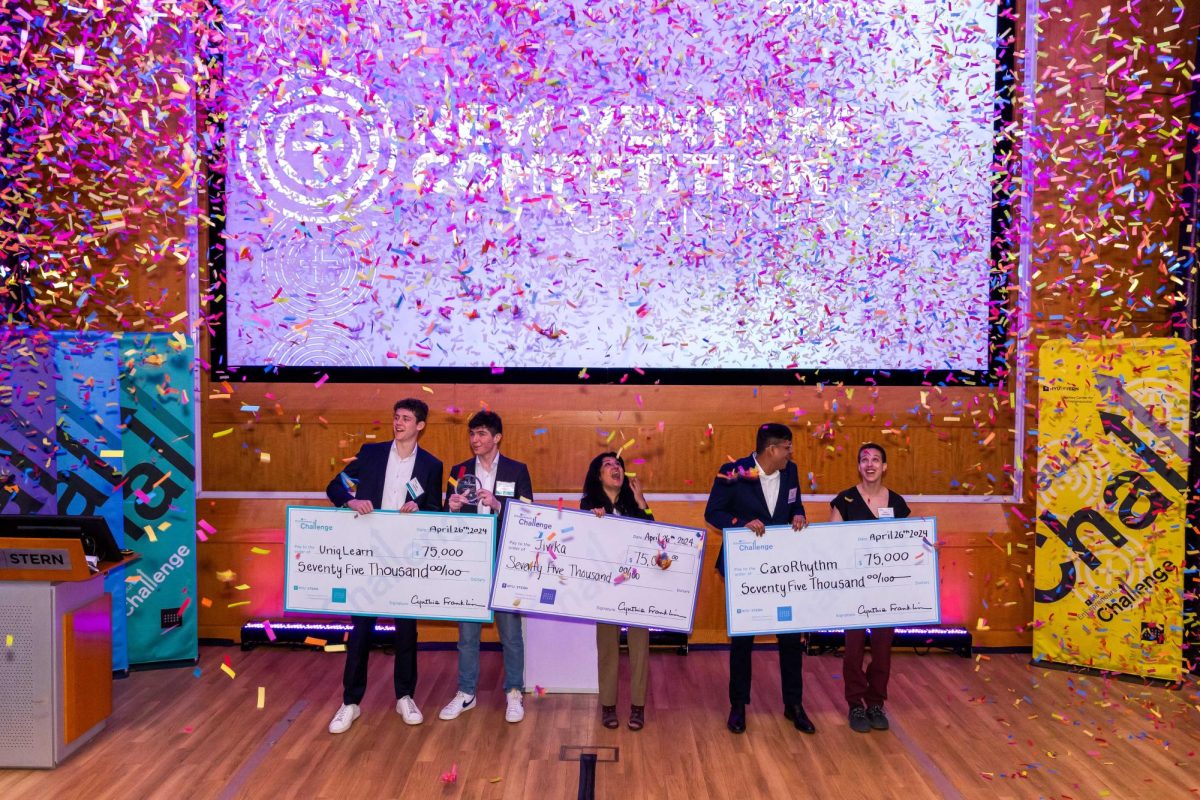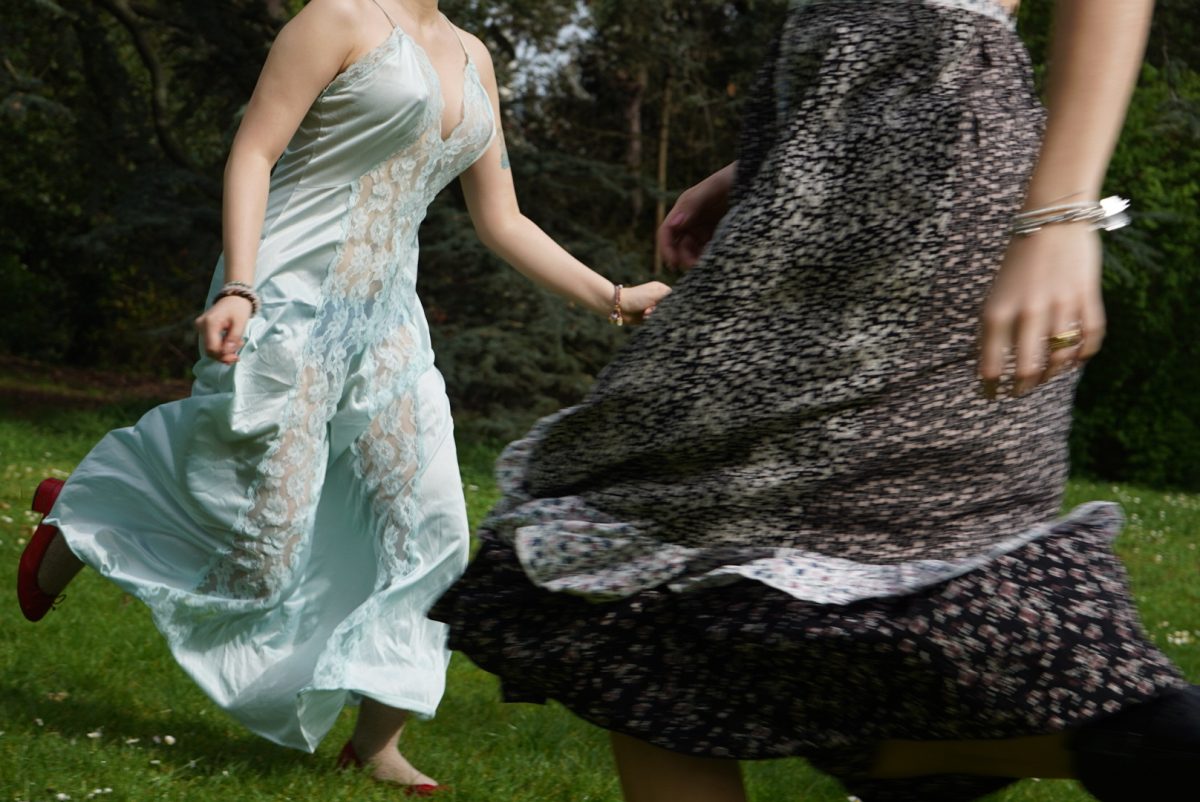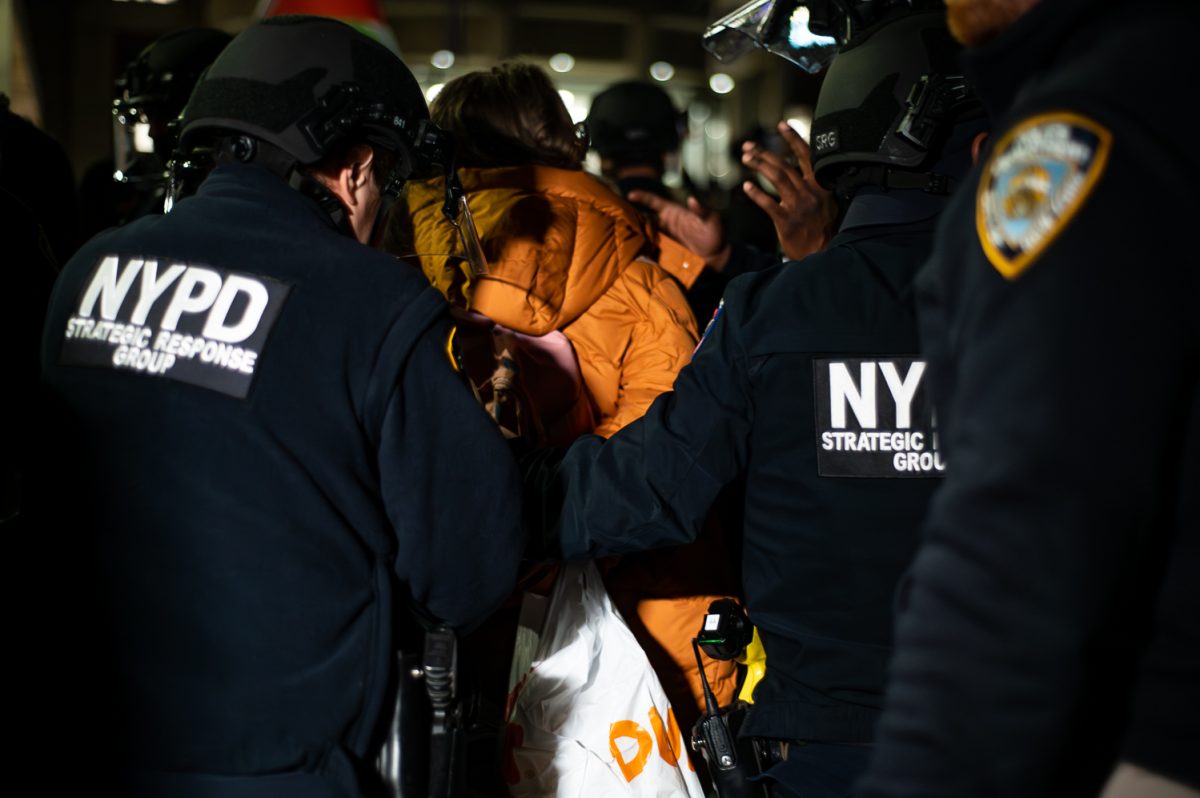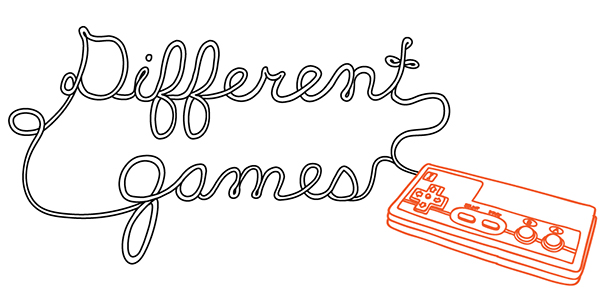
Different Games is an annual student- and volunteer-led conference put on by the NYU Polytechnic School of Engineering’s Integrated Media Program and the Georgia Institute of Technology’s Digital Media Program. Held at the NYU MAGNET Center on April 11 and 12, the conference brought attention to the diverse nature of the developer and consumer communities, as well as the possibilities for expanding the subject matter of games.
“We believe that our gaming communities are filled with diverse participants, and supporting the visibility of such diversity enhances the experiences of all community members,” the press release said.
Panels, talks, workshops and even correspondents from Boston gaming convention PAX East discussed the ways in which topics such as mental health, sexuality, identity and intersectionality relate to gaming. There were presentations and game demos centered on expanding the way audiences think about and support the development of innovative video games.
During Friday evening’s Artist Talks by the 2014 Different Games Fellows, game artists who received grants from the National Endowment for the Arts, including fellow Anna Anthropy, spoke about their artistic processes and the ways they aim to challenge conventions with their own projects.
“Everyone wants games to be different, but not everyone is willing to give people money for games to be different,” Anthropy said.
One notable guest was Mattie Brice, a game critic, game designer and activist, who spoke about social media activism and the depiction of that environment in games. She focused on the way Twitter and other social media outlets have shaped our ideas of advocacy and identity.
“Twitter is its own culture,” Brice said. “Other people from social justice were creating who I was. People were creating my arguments, people were creating my identity, people were creating my entire personhood.”
Brice said she plans to use Twine, a game-making tool that uses hyperlinks to enable play and create interactive, text-based games, to depict her own experience of being an advocate on Twitter and the way people can interact with strangers, which at one time was impossible.
There were several other notable panels, talks and workshops that exemplified the goals of Different Games. “Games and Mental Health,” a workshop and panel run by Toni Pizza, a master’s student at the NYU Game Center and self-proclaimed “game-ish designer,” discussed mental health as it relates to games, as well as the way gaming can support mental and emotional wellness. Pizza is developing a touchscreen game called “Prozac for Breakfast” that replicates the effects of different mental health treatments through text.
Beth Rosenberg, an educator on the faculty at Poly in the department of technology, culture and society, ran “Teaching Tech to Tweens/Teens Who Learn Differently.” In this panel, Rosenberg discussed Tech Kids Unlimited, a teaching program in which students aged 7 to 18 with special needs are taught valuable skills in programming, gaming, video production and more in an environment tailored to their needs.
Brice explained one of the conference’s main points of discussion during “Voices of Queer Advocacy,” a talk specifically addressing LGBTQ visibility in game culture. Speeches focused on the organization of LGBTQ-focused gaming events and the types of communities they foster, as well as the challenges involved in creating these environments.
“You have a lot of similar people being given more time and more attention and more visibility than others,” Brice said.
The tone of games available for demo in the arcade ranged from light — such as Jimmy Andrews’ and Loren Schmidt’s “Realistic Kissing Simulator” — to more somber such as “Into Darkness,” a game by Obsessively Complex Dungeon that aims to depict the experience of having Obsessive Compulsive Disorder. All the games were made to challenge the way players approach gaming and the culture surrounding it.
A version of this article appeared in the Wednesday, April 16 print edition. Christina Tucker is a contributing writer. Email her at [email protected].

